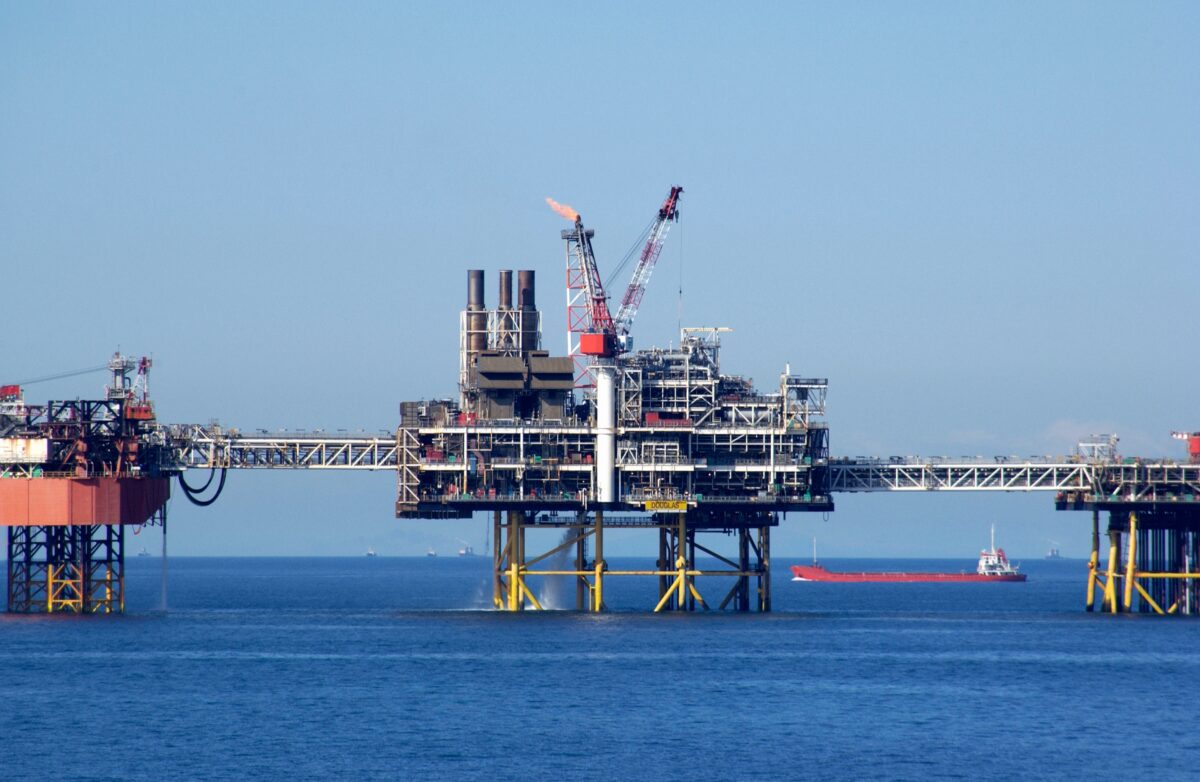As the world grapples with the effects of climate change, industries across the globe are seeking ways to reduce their environmental footprint. One such industry is oil production, a sector notorious for its significant environmental impact. However, with the advent of technology and innovative solutions like FAT FINGER, it’s becoming increasingly possible to mitigate these effects. FAT FINGER is a digital workflow procedure builder that empowers front-line teams to do their work correctly every time, unlocking operational excellence in the process.
Understanding the Environmental Impact of Oil Production
Before delving into the strategies for reducing environmental impact, it’s crucial to understand the extent of the problem. Oil production contributes to air and water pollution, habitat destruction, and climate change. It also leads to the emission of greenhouse gases, which are primarily responsible for global warming.
Strategies for Reducing Environmental Impact
There are several strategies that oil companies can adopt to reduce their environmental impact. These include:
- Improving energy efficiency
- Reducing flaring and venting
- Implementing carbon capture and storage
- Enhancing oil recovery methods
- Adopting digital solutions like FAT FINGER

Improving Energy Efficiency
Energy efficiency is a critical factor in reducing the environmental impact of oil production. By optimizing energy use, companies can significantly reduce their carbon emissions. This can be achieved through regular maintenance of equipment, upgrading to energy-efficient technologies, and training staff on energy conservation practices.
Reducing Flaring and Venting
Flaring and venting are common practices in oil production, leading to the release of harmful gases into the atmosphere. By investing in technologies that capture these gases for reuse, companies can significantly reduce their emissions.
Implementing Carbon Capture and Storage
Carbon capture and storage (CCS) is a technology that captures carbon dioxide emissions from oil production and stores them underground. This prevents the gas from entering the atmosphere, thereby reducing the industry’s contribution to global warming.
Enhancing Oil Recovery Methods
Enhanced oil recovery (EOR) methods can help reduce the environmental impact of oil production. These methods involve injecting substances like carbon dioxide into oil reservoirs to increase the amount of oil that can be extracted. This not only improves production efficiency but also reduces the amount of waste produced.
Adopting Digital Solutions like FAT FINGER

Adopting digital solutions like FAT FINGER can significantly reduce the environmental impact of oil production. FAT FINGER allows companies to build checklists, workflows, and digital procedures that ensure work is done correctly every time. This reduces the chances of errors that could lead to environmental damage. With features like a drag & drop workflow builder, mobile & desktop workflows, dashboards, integrations, augmented reality, IoT device connectivity, and artificial intelligence coaching, FAT FINGER is a game-changer in the oil industry.
Conclusion
Reducing the environmental impact of oil production is not only crucial for the planet but also for the sustainability of the industry itself. By adopting strategies like improving energy efficiency, reducing flaring and venting, implementing carbon capture and storage, enhancing oil recovery methods, and leveraging digital solutions like FAT FINGER, oil companies can significantly reduce their environmental footprint. As the world moves towards a more sustainable future, it’s imperative for the oil industry to do its part in mitigating the effects of climate change.
Ready to take the first step towards reducing your company’s environmental impact? Sign up for FAT FINGER or request a demo today!


